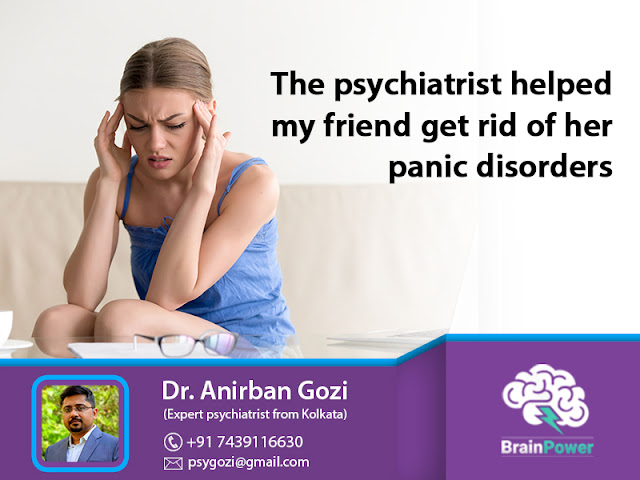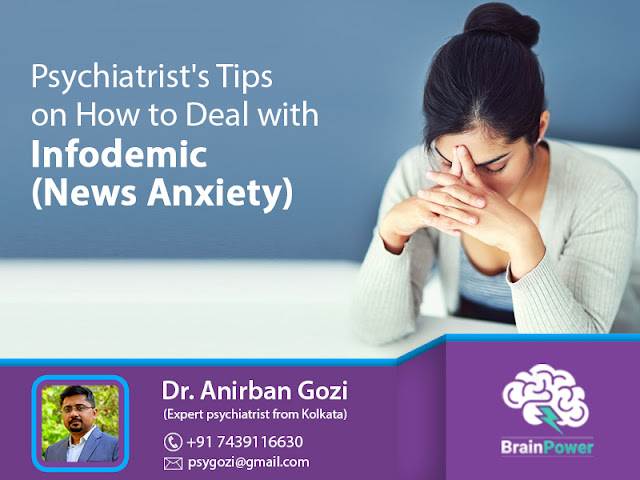What Is Kindling Effect - De-Addiction Therapist Explains
Introduction
The kindling effect for alcohol withdrawal is a neural sensation that makes severe withdrawal signs after each relapse. Those with an alcohol use disorder and who have tried to quit often have the most increased risk of encountering the kindling effect. It can cause painful and even harmful effects during initial withdrawal. These signs are so challenging that some people will return to substance use to find comfort, says a drug de-addiction doctor in Newtown.
This phenomenon is one reason it’s so important to seek professional care and supervision before trying to stop drinking, particularly for those who have tried to quit and relapsed in the past.
Understanding the kindling effect
The kindling effect explains what happens to the brain chemicals of someone with an alcohol abuse disorder. Withdrawal signs deteriorate with each attempt to quit drinking. The neural pathways concerned with withdrawal symptoms engrain themselves deeper with each withdrawal. The term “kindling” means any weak electrical or chemical stimulus that generates no response at first but has effects after repeated appearance.
What are the effects of kindling?
Habitual, heavy alcohol consumption significantly affects the central nervous system. The brain comes to depend on alcohol’s presence for a state of balance, so when alcohol is suddenly missing, the brain struggles to find stability. This imbalance can have many complex and dangerous effects, known as withdrawal symptoms. These signs worsen with each subsequent withdrawal due to the kindling effect, says the de-addiction therapy in North Kolkata.
The first indications of withdrawal include mood changes. The individual can feel depressed, anxious, panicked or otherwise unhappy. A few days after the last drink, other symptoms can kick in, which can include:
Body tremors
Impaired mental function
Delirium or hallucinations
Bursts of energy
Fatigue
Paranoia
Nausea
Sweating
Fever
Chest pain
Seizures
Extreme sensitivity
Mood changes
Unresponsiveness
Insomnia
These signs are uncomfortable and dangerous. They become more serious with each withdrawal. Experiencing these symptoms enhances the likelihood that you will consume alcohol again to make them stop, only making them worse the next time, says the drug de-addiction doctor in Newtown.



Nice blog! Thanks for explaining ADHD symptoms so clearly. looking for more psychiatrist please visit our site psychiatrist near me
ReplyDeletepsychiatrists for anxiety